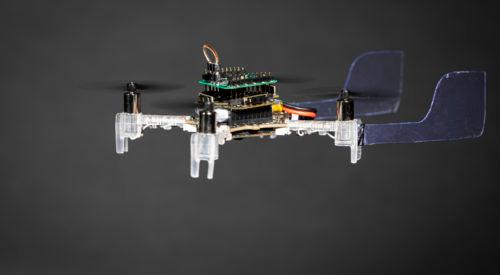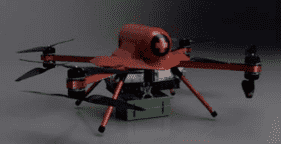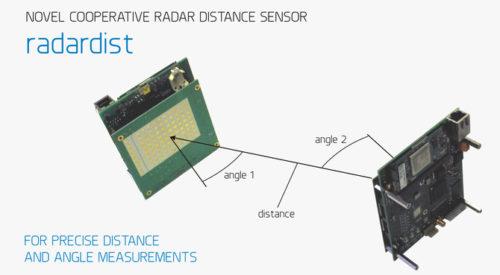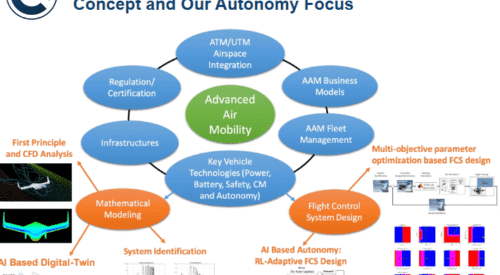Research
UAVs May Be Unmanned, But They Soon May Not Be Un-Mothed
The Smellicopter Uses Live Moth Antennae to "Pilot" Its Missions
Scientists have created a smellicopter, which pairs live antennae from a moth to an autonomous drone for potential use in navigating hazardous environments where robots cannot be used.
UK CAA Prepares a Flight Plan for UAM’s Take-Off
A consortium preparing for the implementation of urban air mobility (UAM) in the United Kingdom published its Key Considerations for Airspace Integration within an Urban Air Mobility Landscape.
UAM Spreads Its Wings, Cuts Its Wires, and Ponders Hydrogen Power
Entrepreneurs explore the future of urban air mobility
UAM entrepreneurs are exploring hydrogen fuel cells and WiGL technology that proposes recharging eVTOLs midair.
Can Your UAVs Make It Rain? The Drones in Dubai Can.
Scientists in Dubai are modifying drones to shoot laser beams into clouds and charge them with electricity to create rain.
Is Low SWaP-C Radar the Key to Urban Air Mobility?
Low SWaP-C radar will facilitate the development of a feasible detect and avoid system and accelerate autonomous urban air mobility.
Artificial Intelligence and Urban Air Mobility
UAM + AI = A Winning Combination?
In director Stanley Kubrick’s 1968 dystopian film, 2001: A Space Odyssey, Man (astronaut, Dr. Dave Bowman) and Machine (the spaceship’s computer system, the “heuristically programmed algorithmic computer system” aka HAL) face off over control of the ship and the astronaut’s fate. As HAL’s artificial intelligence (AI) system develops a “mind of its own,” HAL’s interests…






